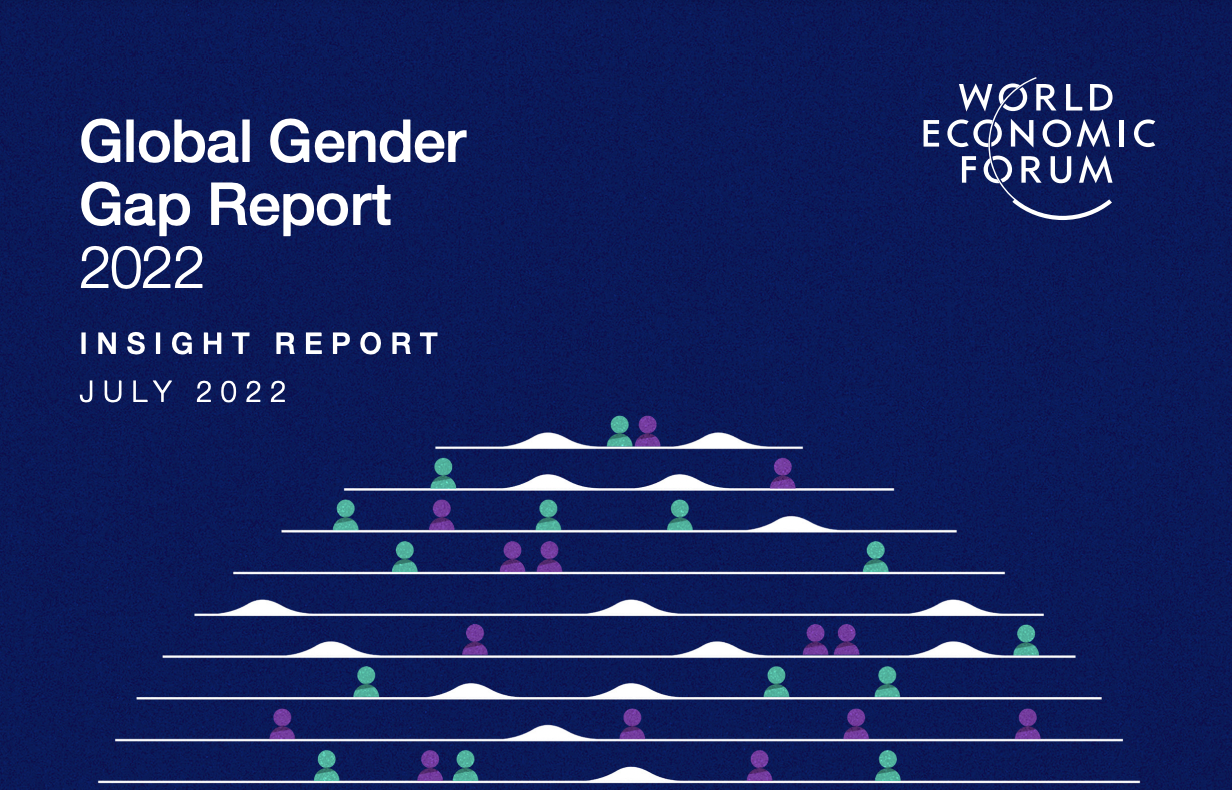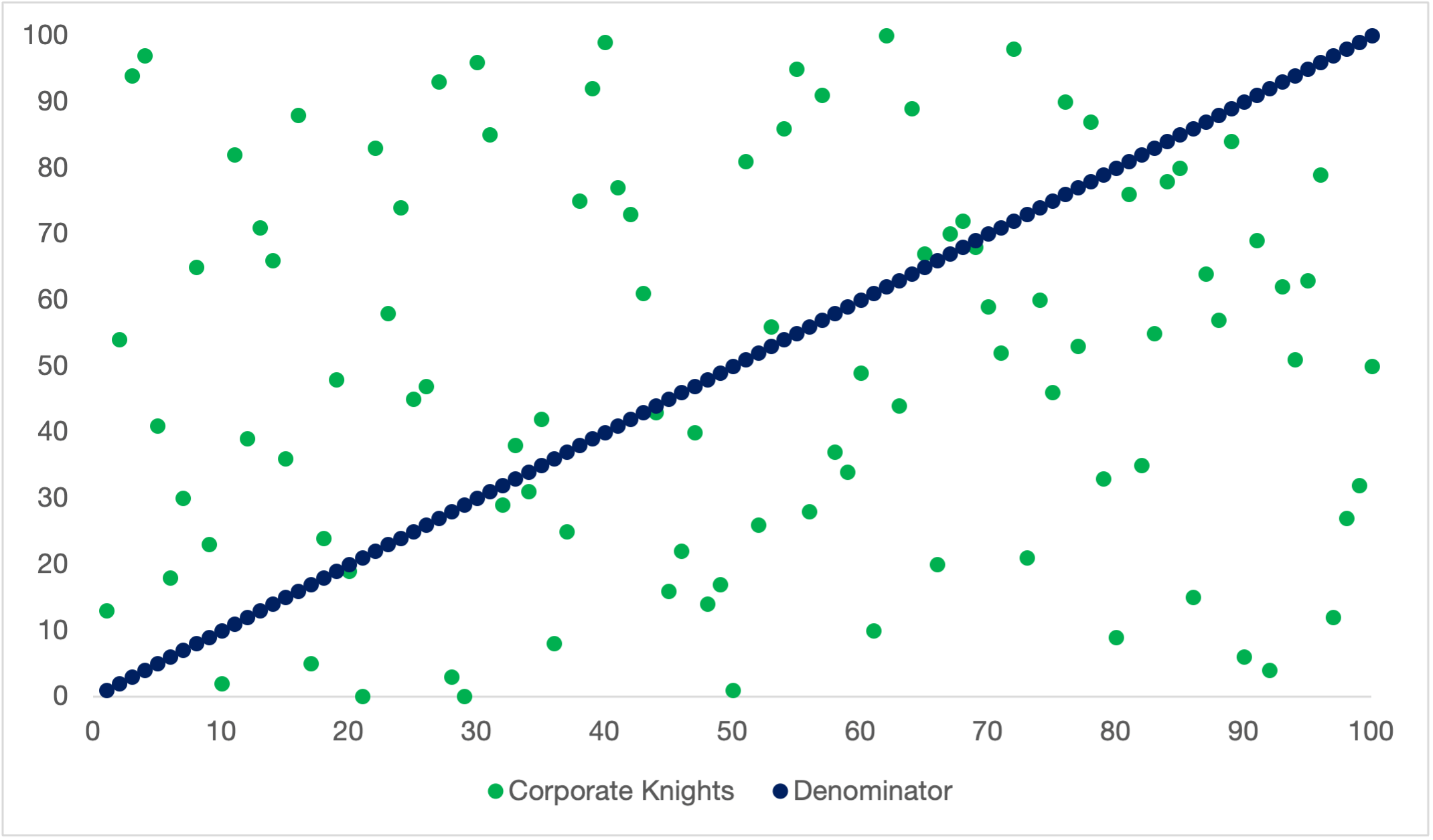It will take 132 years to close the global gender gap.
On 13 July, the World Economic Forum (WEF) published the Global Gender Gap Report 2022 outlining the grave impacts of multiple and compounding global crises, particularly around the decline in women’s workforce outcomes and the increasing global gender gap which risks compromising the fifth UN Global Goal of gender equality.
The 2022 Global Gender Gap Index cited in the Report measures parity indicators for 146 countries, creating a cross-country analysis that identifies the most effective policies and actions for increasing gender parity and closing the gender gap. The Report measures how close regions are to closing the gap (weighted average scores) as well as how long it will take to reach full gender parity.
The regions’ ranks as follows:
- North America, 76.9% ( 62-59 years);
- Europe, 76.6% (60 years);
- Latin America and the Caribbean, 72.6% (67 years);
- Central Asia, 69.1% (152 years);
- East Asia and the Pacific, 69% (168 years);
- Sub-Saharan Africa, 67.9% (98 years);
- Middle East and North Africa, 63.4% (115 years);
- and South Asia, 62.3% (197 years).
The multi-layered crises summarized in the report include the rising cost of living; the ongoing pandemic; the climate emergency and consequent, widespread conflict and displacement; and ultimately, stalled progress towards gender parity. As economic and political events continue to reverberate across the globe, the risk of reversing recent advances toward gender equality is rapidly intensifying with the timeline to gender parity increasing to 132 years as of 2022, from 100 years as estimated in 2020. The acceleration of this reversal is concerning as it not only affects the lived experiences of women and girls in the present, but also suggests challenges for the new generations and our shared economic, political, and societal future.
Developing and accelerating meaningful gender parity must be prioritized in any DEI focused agenda if we are to combat this negative socio-economic forecast. Denominator is committed to deliver quantifiable and standardized data on companies’ and countries DEI performance, as it facilitates both accountability and insights to close the gender gap. Please reach out if you need gender pay gap data, want to benchmark gender ratios across different companies, gain insights on maternity leave, or looking for other gender related data points or insights.
Read the Global Gender Gap Report 2022 here to learn more about the important topics covered:
- Better than the rest: the world’s most gender-equal countries.
- How to help economies out of crisis by closing the gender gap.
- Six women leaders say how to thrive despite the gender gap.
- Success story: how companies in Chile reduced the gender pay gap.
- Why are women founding businesses at a faster rate than men?
- Measuring wealth offers a new angle on the gender gap.



